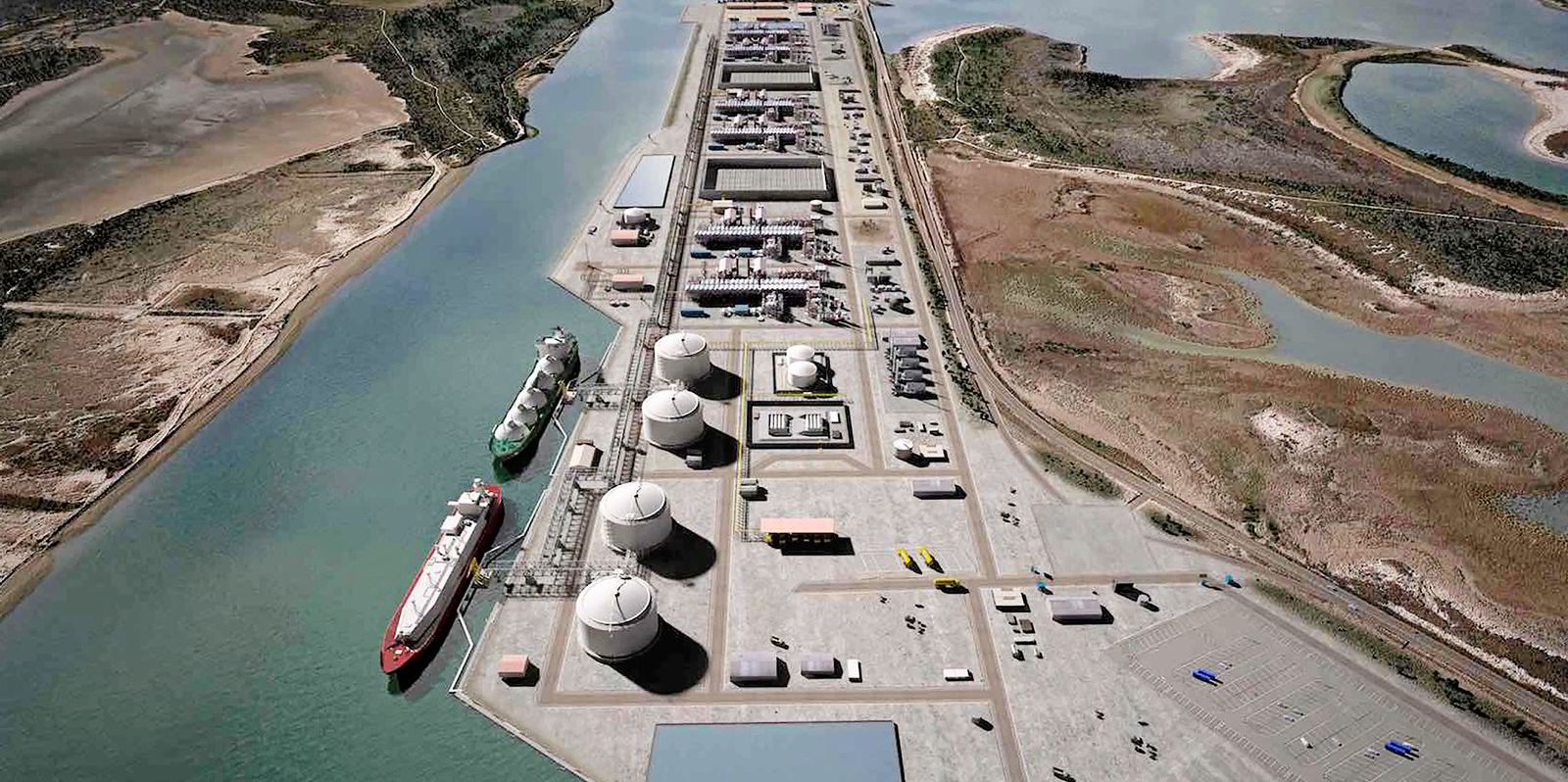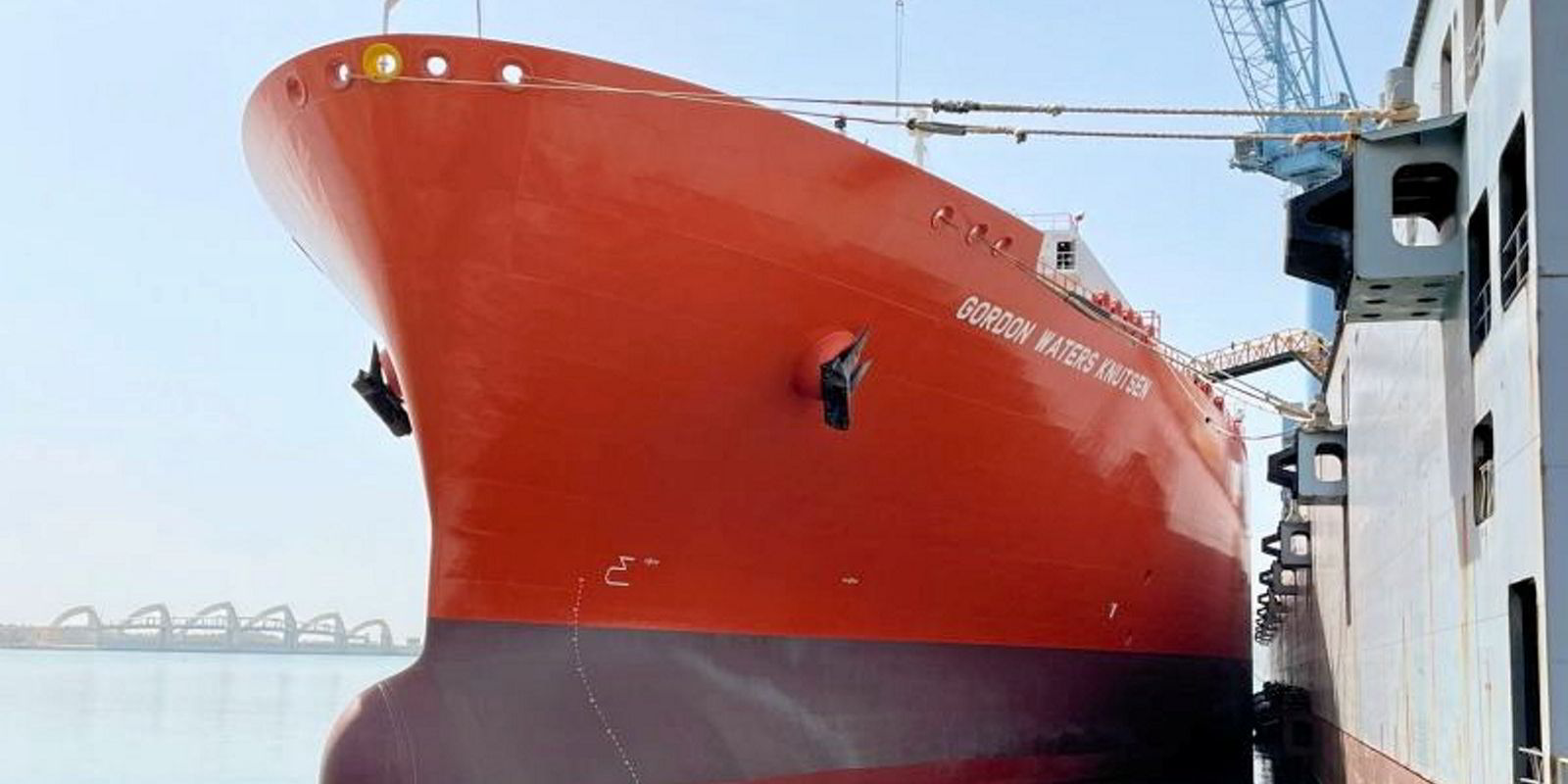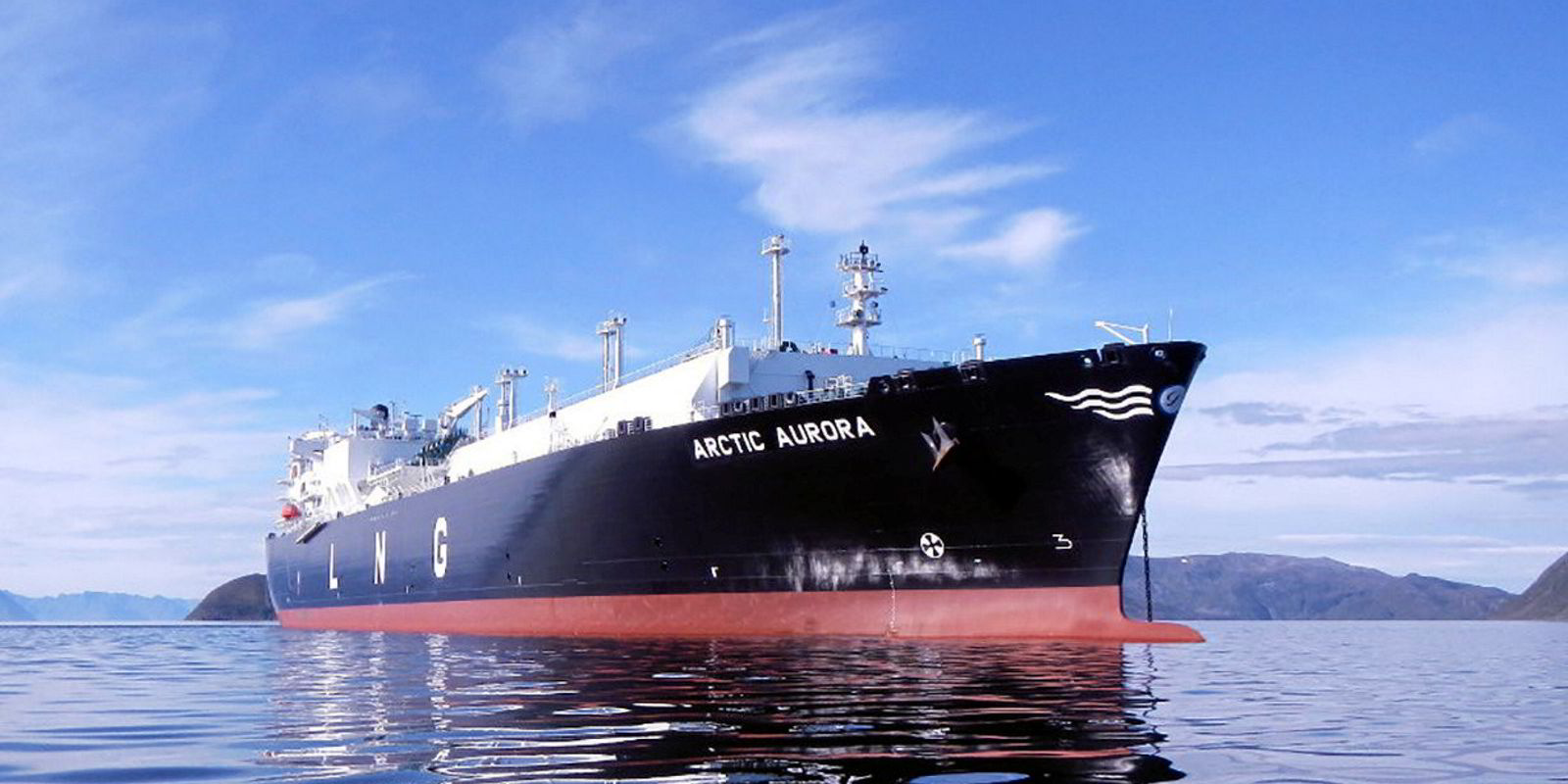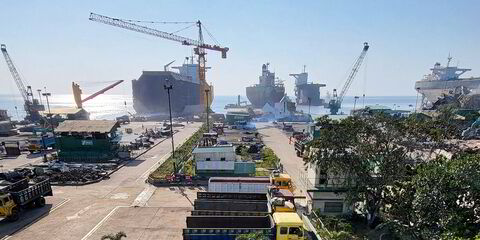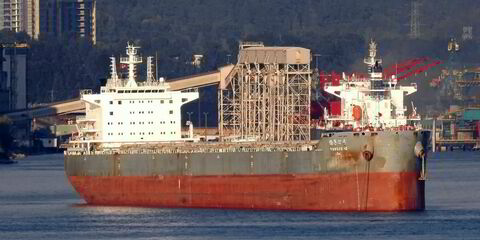Less than 24 hours after a much-awaited liquefaction project in the US obtained the final go-ahead from investors, it started granting forward chartering deals to owners of LNG ships.
Dynagas LNG Partners announced on Thursday that in 2026, two of its vessels will enter into long-term agreements with Rio Grande LNG — a subsidiary of the NextDecade Corporation.
From spring 2026 onwards, the 150,000-cbm Clean Energy (built 2007) will begin employment at the freshly approved liquefaction project for two years.
The 155,000-cbm Arctic Aurora (built 2013) will embark on a much longer charter of about seven years from autumn 2026 onwards.
Both charters combined will add about $270m to Dynagas LNG Partners' existing revenue backlog of about $1bn, the US-listed master limited partnership estimated.
The news comes after NextDecade announced on Wednesday that it took a final investment decision to construct the first three liquefaction trains at its 27-million-tonnes-per-annum (MTPA) Rio Grande LNG (RGLNG) export facility in Brownsville, Texas.
This project opens a diversification opportunity for Dynagas LNG Partners, five of the six vessels of which had been tied in Russian business.
The Clean Energy is currently in long-term employment with Securing Energy for Europe (SEFE) Marketing & Trading. This is a company fully owned by the German government, which expropriated it from Russia’s Gazprom after the outbreak of the Ukraine war.
“We look forward to building on and developing our relationship with NextDecade for many years to come,” Dynagas LNG chief executive officer Tony Lauritzen said.
LNG exports from the US have surged in the wake of the Ukraine war, as Europe chose to replace cheap Russian pipeline gas with expensive American spot LNG.
According to the annual report of the International Gas Union (IGU) released late on Wednesday, US producers managed to export 55.2m tonnes of LNG to Europe in 2022, a 148% increase from 2021 levels.
With spot LNG accounting for about 70% of Europe’s gas imports last year, Europe offered higher price premiums than the rest of the world to attract the quantities it needed, in competition with rival buyers in Asia.
The second Dynagas LNG ship that will join the NextDecade project is currently employed with Norway's state energy company Equinor.
